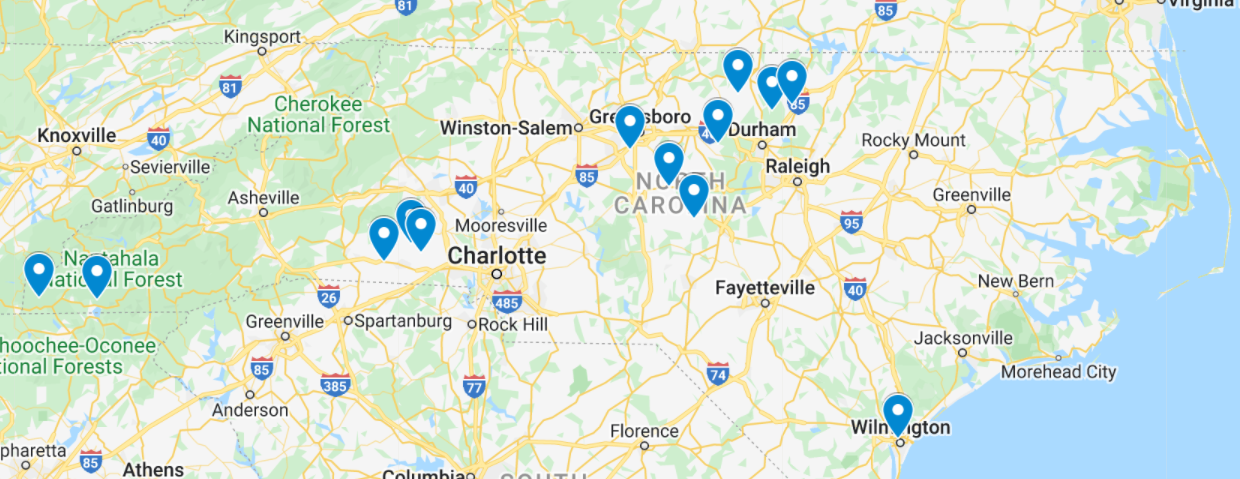Agritourism Spotlights
go.ncsu.edu/readext?848391
en Español / em Português
El inglés es el idioma de control de esta página. En la medida en que haya algún conflicto entre la traducción al inglés y la traducción, el inglés prevalece.
Al hacer clic en el enlace de traducción se activa un servicio de traducción gratuito para convertir la página al español. Al igual que con cualquier traducción por Internet, la conversión no es sensible al contexto y puede que no traduzca el texto en su significado original. NC State Extension no garantiza la exactitud del texto traducido. Por favor, tenga en cuenta que algunas aplicaciones y/o servicios pueden no funcionar como se espera cuando se traducen.
Português
Inglês é o idioma de controle desta página. Na medida que haja algum conflito entre o texto original em Inglês e a tradução, o Inglês prevalece.
Ao clicar no link de tradução, um serviço gratuito de tradução será ativado para converter a página para o Português. Como em qualquer tradução pela internet, a conversão não é sensivel ao contexto e pode não ocorrer a tradução para o significado orginal. O serviço de Extensão da Carolina do Norte (NC State Extension) não garante a exatidão do texto traduzido. Por favor, observe que algumas funções ou serviços podem não funcionar como esperado após a tradução.
English
English is the controlling language of this page. To the extent there is any conflict between the English text and the translation, English controls.
Clicking on the translation link activates a free translation service to convert the page to Spanish. As with any Internet translation, the conversion is not context-sensitive and may not translate the text to its original meaning. NC State Extension does not guarantee the accuracy of the translated text. Please note that some applications and/or services may not function as expected when translated.
Collapse ▲Agritourism Spotlights are detailed interviews with farms, homesteads, orchards, and other agritourism endeavors throughout North Carolina. Use these stories as a learning tool for your agritourism operation. They offer information and advice on subjects such as creating a business concept, activity pricing, marketing and promotion strategies, and more. You can also explore the spotlights through this interactive presentation.
 |
Allied Organic Farms (Person County) is located in Hurdle Mills, NC, just south of Roxboro and 25 miles north of Durham. Its operator, Tom Savage, says the farm grows “Healthy Foods for Healthy Living.” Very much focused on growing “natural” fruit and vegetables (Tom rarely uses fertilizer, pesticides, herbicides, and fungicides, and when he does, they must be synthetic-free), the farm has, in Tom’s words, become “an asset to the environment.” Read more here. |
 |
Ardea Homestead Sanctuary (Gaston County)’s owners, Stacey Costner and Alex Meander, have a love of nature and sustainable living and sharing their knowledge through education on their land. The homestead sanctuary, located in King’s Mountain, NC, is evolving to be a community center for education and healing, with a strong focus on growing wild foods, using herbs for medicines, connecting with nature, raising chickens and pigs, and how to be self-sufficient. Read more here. |
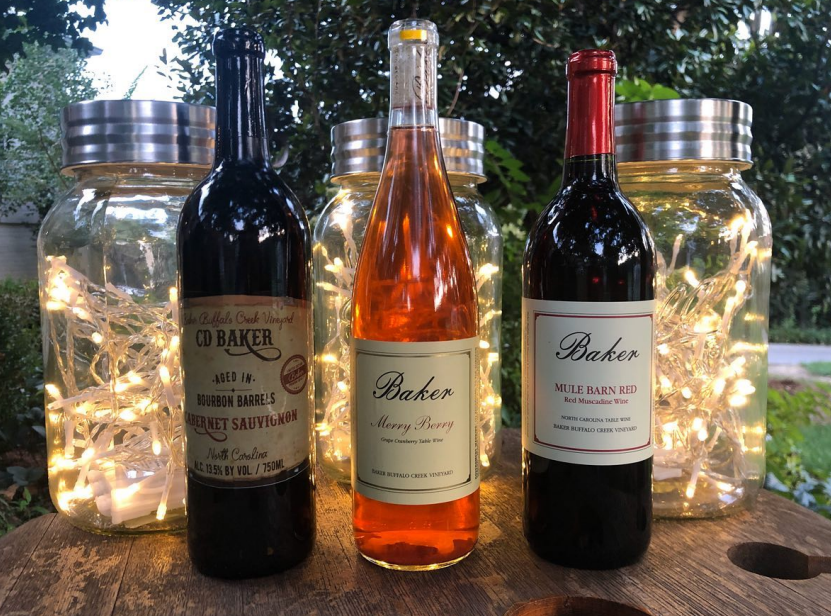 |
Baker Buffalo Creek (Cleveland County) is a true working farm where they grow their own grapes, manufacture their own value-added local food product, and seek to make production profitable and sustainable. People show interest in learning about the grape-growing and wine-making operations during walking tours, and get to know more about the farm’s diverse history, which included a licensed distillery that operated before the Prohibition era followed by a dairy cattle enterprise that thrived until the 1970’s. Read more here. |
 |
Carlee Farm (Granville County) is owned and operated by John and Gena Stephens. It is a working farm that has six donkeys, ten goats, fifty chickens, and hundreds of bees. Both former residents of Wake County, John and Gena decided to purchase the property in 2012 to pursue their dream lives – a peaceful place where John could hunt and fish and a return to country living for Gena to entertain, cook, and enjoy her retirement. Read more here. |
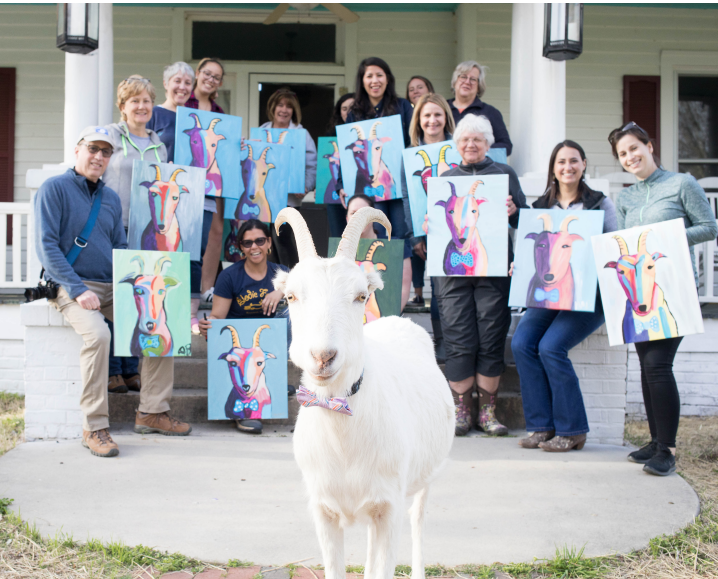 |
Elodie Farms (Durham County) is a small goat diary that sits on a beautiful 24-acre farm with a lake and a 1914 Victorian farmhouse. Ted and Sandra Vergara are a husband-and-wife team, and first generation farmers. When they purchased the farm 5 years ago, they saw the opportunity to share with their customers not just goat cheese but also the beautiful property and the opportunity for customers to interact with the very same animals that produce the milk. Read more here. |
 |
Hickory Creek Farm (Guilford County) is a fourth generation NC Century Family Farm that has transitioned from tobacco to a successful choose and cut Christmas tree/Agritourism farm. Each Christmas season over 1500 families visit Hickory Creek Farm to purchase trees, wreaths and poinsettias. In addition to Christmas sales, Hickory Creek Farm has established a successful wholesale business growing wheat straw bales for landscaping contractors across the Triad area. Read more here. |
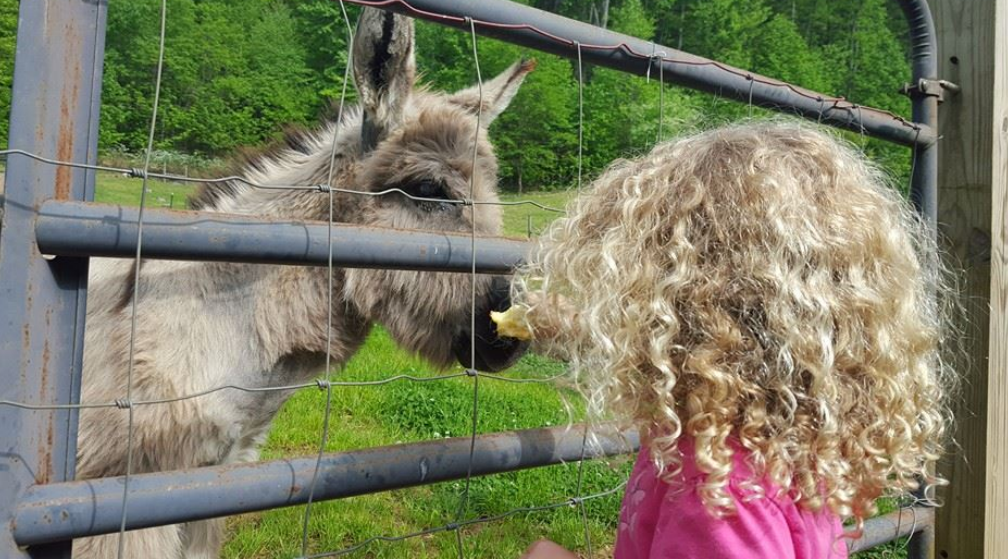 |
High Mountain Meadows Farm and Creamery (Clay County)’s Donna Gaines has been farming since 1990. As her farm has developed over the years she has grown from a cheese production operation to now include farm stays, cheese making classes and is preparing a new barn apartment for additional farm stay revenue. Read more here. |
 |
Lily Den Farm (Chatham County)’s Tucker and Mackenzie Withington raise beef, veal, pork, lamb, goats, ducks, chickens, geese, quail, and turkeys at Lilly Den Farm in Goldston, NC. They also raise dairy cows and produce raw milk that they sell as a pet food product. They started to get serious about agritourism in 2016 and since then have offered a wide array of activities to delighted visitors of all ages. Family-friendly agritourism activities include farm tours, farm camps, campouts, on-farm farmers’ market brunches, and special events. Read more here. |
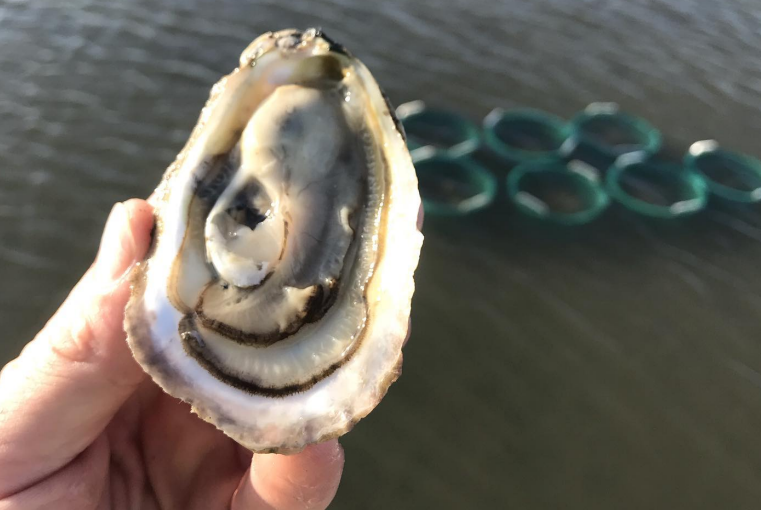 |
Middle Sound Mariculture Oyster Company (New Hanover) has three locations for harvesting oysters across the southern NC coast. Owner and operator, James Hargrove, believes the oysters of NC are like wines in the Napa region each with its own terroir, reflecting the flavors of the region. Having three different sites lets Hargrove produce oysters with flavor profiles or merroir unique to each of the sites conditions. Read more here. |
 |
Millstone Creek Orchards (Randolph County) is a “Pick Your Own” destination with multiple crops and activities for people seeking a family-oriented agritourism experience. The U-Pick season starts in early June with blackberries and blueberries and transitions to peaches, grapes, and sunflowers in the summertime. Apples are harvested in the fall months along with pumpkins and gourds. Millstone Creek Orchards finishes the season with pecans in November. Read more here. |
 |
Shaka Alpaca Farm (Cherokee County)’s Matt and Melissa Reschke are living proof that they can make a farm work both personally and professionally. Their 5-acre farm sells goats, eggs, and fiber, while also welcoming frequent visitors. Children can see up close and personal how goats are milked and how hens lay eggs. The alpaca herd provides visitors the opportunity to learn about different species of alpaca and their fiber. Read more here. |
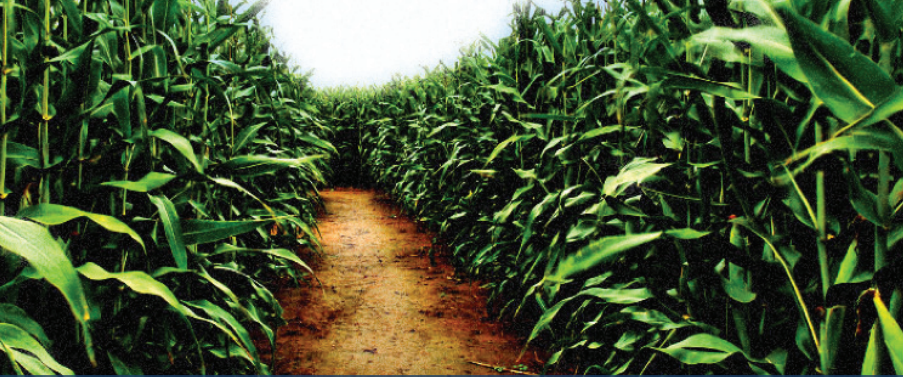 |
Shelby Corn Maze (Cleveland County) has been firmly established as a community agritourism attraction for over 20 years, pulling in visitors each year during mid September through October. Coming for “fun down at the family farm”, customers make their way through twists and turns cut into an 8-acre corn field and experience an assortment of other activities. Read more here. |
 |
The Sykes Family Farm (Orange County), formerly Sykes Dairy, was originally established in the 1950’s when Vernon and Nadine Sykes bought a small dairy from Vernon’s brother. Vernon operated the farm until the late 1970’s when his sons, Johnny and Jeff, joined the farm operations. During this time, more land was bought bringing the acreage of farmland to 300 acres that supported up to 125 Holstein milk cows. Read more here. |



